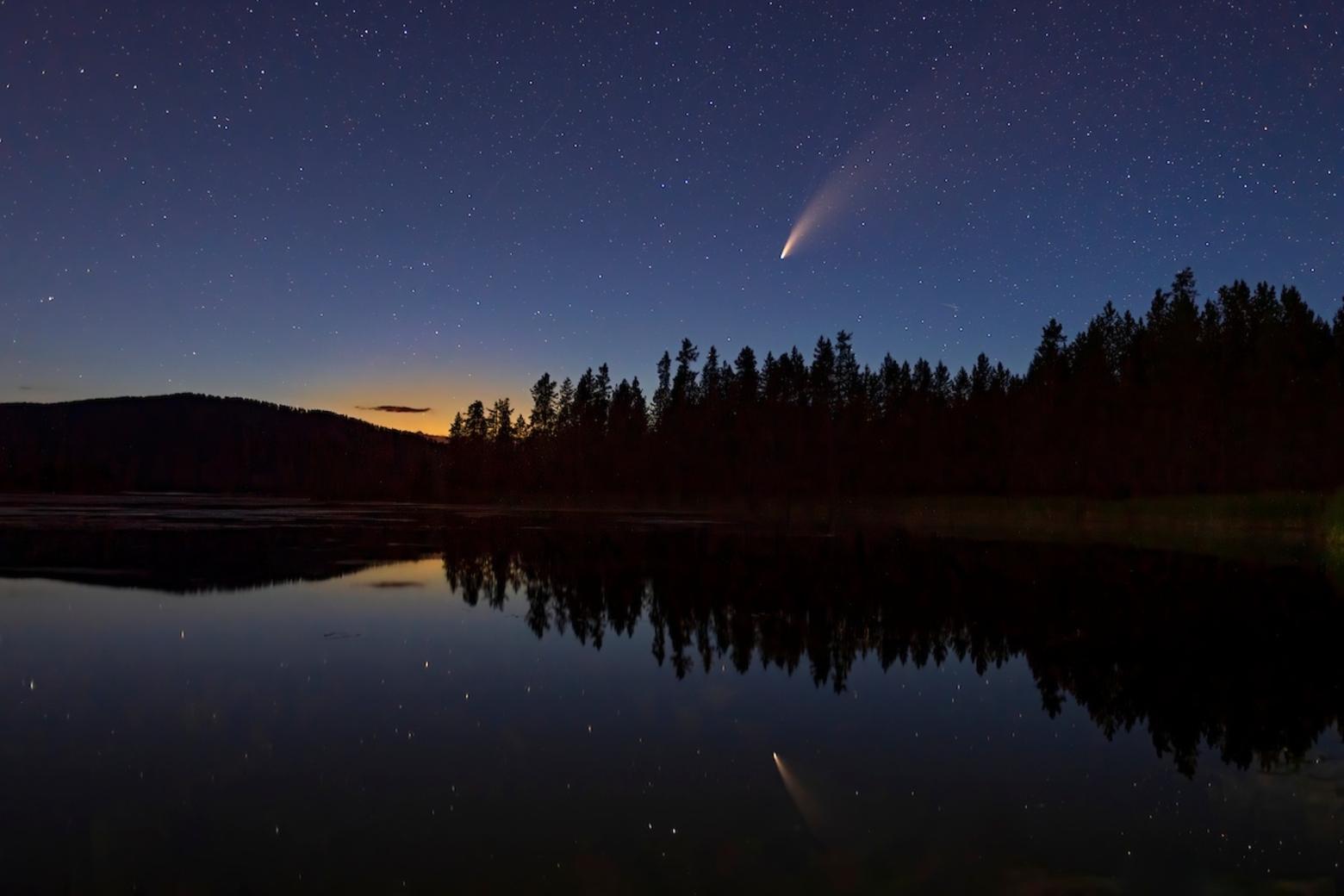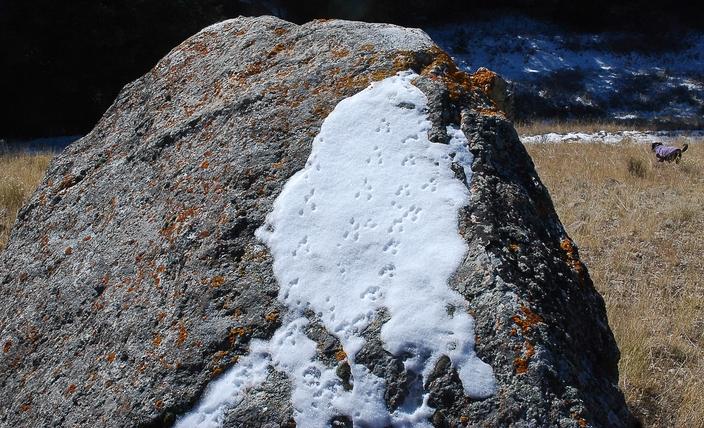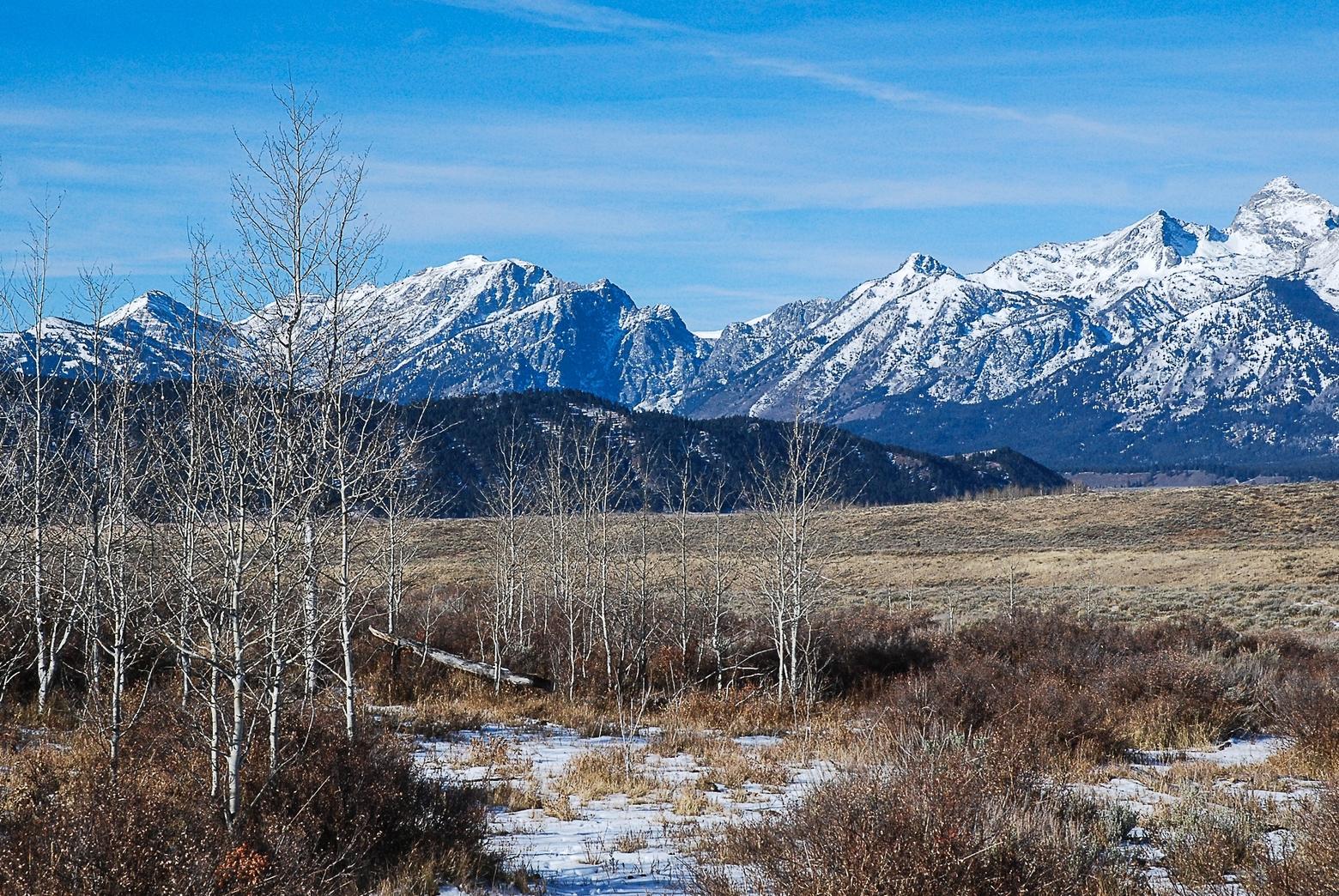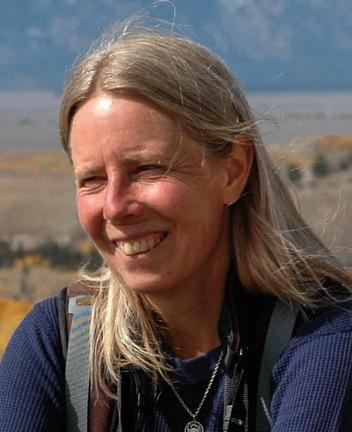Back to StoriesThe Search for Meaning. Hint: It’s not Something we Find
November 27, 2024
The Search for Meaning. Hint: It’s not Something we FindIn times of despair, we have a choice. Let’s choose wisely this holiday season.
by Susan
Marsh
Among the books
on my shelves are several whose titles include the word “meaning.” Viktor Frankl’s important Man’s Search for Meaning is one, and if
he can offer hope after surviving a Nazi concentration camp, I’m glad to absorb
his advice. Some philosophers claim that life has no inherent meaning and we
each have to find our own. This sounds reasonable enough, since I have derived
meaning through having a purpose, whether from my work, volunteering, or the
art that I pursue. But these involve producing something. Can there be meaning
without a product?
A recent
post by Maria
Popova in her daily The Marginalian
caught my eye and deepened my thoughts on this subject. “The transmutation of
despair into love,” she writes, “is what we call meaning.” Yes, I thought, as I
reread the paragraph. It was about a change of heart, not a piece of art.
Why do we
need to find meaning in our lives when other species don’t appear to? Although
we keep finding out more about the intelligence, emotions and other
“human-like” attributes of other animals, they have so far left no messages
scratched into trees or sand asking “Who am I? Why am I here?” Maybe we
shouldn’t be spending so much time wondering about that either. Maybe figuring
out how to create love from despair is a meatier pursuit.
We can derive meaning through having a purpose, whether from work, volunteering, or the art we pursue. But these involve producing something. Can there be meaning without a product?
When I am
outside, in addition to the natural beauty and solace I find in the wilds, I am
also in my physical body absorbing the experience through my senses. I’m
focused on the immediate, like where my next step is going to land, the sounds
around me, the air temperature and the feel of sun on my jacket on a chilly day;
mostly things that are not conscious, except for watching out for chiseler
holes or rocks I could trip over.
What I’m not
thinking about are reasons for despair: my battles with search engines, websites
and passwords; the general state of human affairs (desperate, as usual); my
to-do list and looming deadlines; or the fact that my favorite veterinarian’s
office is closing in a couple of weeks.
Our brains
are filled with anxiety-producing facts, and on top of them we add worry, which
doesn’t do much to alter the facts. When do we have time to think about and
create meaning?
We build in
that time. Meditators meditate. It’s a highly recommended practice, one that
many of us try but find it too hard to sit still for 15 minutes doing nothing.
There are other ways to focus on what matters, of course. Writers scribble,
artists sketch, woodworkers get that chair spindle just right, nurses watch a
patient’s changing blood pressure. In so doing, we are paying attention to one
important thing in the here and now.
Engaging in
an activity that demands focus is one way to banish anxiety, at least for as
long as we are doing it. What makes our worries recede in a more satisfying way
is to get out of the house and go for a walk. Walking is such an innate act for
us bipeds that unless the terrain is steep and rough, we don’t have to
concentrate on it. Our minds are free to work out some puzzle, or else just let
go of everything for a little while.
Even when
I’m walking with a purpose, wanting to sort out some minor dilemma or compose a
haiku in my head, I soon find myself abandoning thoughts in favor of paying
attention to what is around me. I am no longer an individual person existing
inside my head, but part of a larger whole that includes trees and birds and
clouds. Feeling part of the place opens me up and allows me to relax in what I
can only call a spiritual way.
My husband
died nearly four years ago, and yesterday was his birthday. All kinds of
thoughts, images and memories crowded my head, but what stayed with me after an
hour’s ramble in the foothills was a sense of broader perspective. Sorrow and
nostalgia didn’t vanish but took their place in a much larger context. I came
home refreshed by having walked among bare aspens with views to the mountains
carving clear air, their shadows deeply incised in canyons.
What you
experience outside doesn’t have to be as large as a range of mountains to allow
joy to settle in. My delight was sparked by what I found on the shaded side of
a boulder where a patch of last week’s snow remained. The snow was covered by
tracks of a vole that must have run up and down it a half-dozen times. Maybe
there were seeds stashed in a crevice, but I didn’t think about why the tracks
were there, only that they were. It looked like the vole had been having fun,
running up the snowfield to summit at the crest of the boulder before racing
back down. As a skier, I could relate to that.
I don’t deny
that threatening clouds loom over human culture these days, and not only in our
own part of the world. I do admit that enjoying a vole’s track is a temporary
diversion. But I also know that it left me with more hope and optimism than I
had when I started on my walk.
Another
thing that gives me a bit of hope is to zoom way out in my imagination, the way
we do when standing under a night sky full of stars. That feeling of personal insignificance
is comforting.
After the
recent election, many of us are feeling a mix of emotions, among them fear.
Those who care about the environment, public land and other creatures may be feeling
a touch of despair. It’s something what washes over me daily.
Another thing that gives me a bit of hope is to zoom way out in my imagination, the way we do when standing under a night sky full of stars.
I comfort
myself knowing this planet has been through at least five mass extinction
events (not counting the current one), which wiped out the vast majority of
species. Yet life came booming back, more diverse than ever before. Time, like
space, is enormous beyond our ability to comprehend, and it is full of
potential even when the world we thought we knew is crumbling. Death begets
life, and what a miracle that is.
Everything
changes, everything passes. The boulder that the vole climbed was once sea
floor ooze, and now it’s perched on a slope at 7,000 feet, covered with so many
lichens that one could hardly find a patch of the rock’s actual surface. The
boulder is subject to rain and wind and freeze-thaw cycles, and will someday
crumble into pieces and roll down the hill into the creek below. Water will
wear the pieces into cobbles, then sand, then flakes of silt to be carried
downstream and buried again. If they’re buried long enough, those bits will
become new rock.
This morning
I got up and looked out the window to see the trees in my backyard, planted as
saplings and now creating a forest. All I felt was gratitude for the slice of
space-time that I inhabit. For those few moments I wasn’t worried about what
could happen next. What a relief it was, to quit worrying about things I can’t
change.
This isn’t
meant to be happy talk about carrying on in the face of trouble. A lot of
things are very likely to change in frightening ways and I can’t say I’m happy
about it. But I consider the act of conjuring love from despair more than a
mere definition of meaning—it’s a call to action. In despair, we give up, maybe
even hide ourselves away. It’s tempting, I know. But in love, there is nothing
we won’t do to protect our beloved.
As I turned
away from the window this morning to begin my day, I resolved to focus on ways
I can contribute to the work of standing up for all that I love, however small
my efforts. I’m like a flake of silt that was once part of a boulder, and with
enough others of my kind, we will become stone once again.
Related Stories
June 12, 2024
Squeezing the Waterways in Greater Yellowstone
As Jackson Hole swells with development, MoJo
columnist Susan Marsh writes that waterways like Flat Creek need our attention.
January 29, 2025
A Microdose of Hope
In a time in American history when we can feel confused, helpless
and alone, remember the butterfly.
August 22, 2024
Seeing Green: How to Make Friends with a Plant
In
her latest essay, MoJo columnist Susan Marsh writes about her
relationships with flora and how to avoid ‘plant blindness.’





